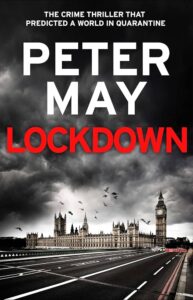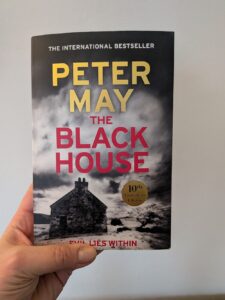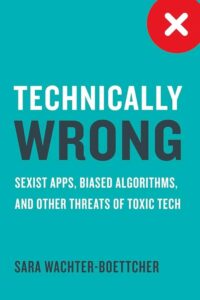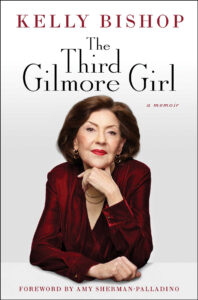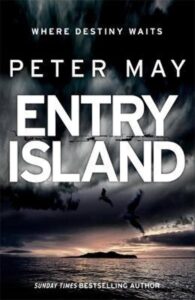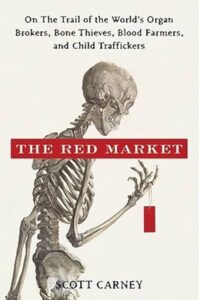Enshitification by Cory Doctorow
Written by Ashley Kelmore, Posted in Reviews
In a nutshell:
Journalist Doctorow explores how technology is getting worse and offers ideas for what can be done to reverse the trend.
Best for:
Anyone is real tired of shit like having to subscribe to be able to print something from a printer they own.
Quote that made me think:
“Companies abuse you if they can get away with it. That’s the crux of enshitification”
“A world without regulation is a catastrophe.”
Why I chose it:
It’s been catching my eye every time I’m in a bookstore but it’s hard back still, so I decided to read the audio version.
Review:
I don’t even know where to start. Doctorow is a great writer, but the main reason this is a four star rating is because I’m still not sure about the ‘and what to do about it’ part of the subtitle of the book. He does a fantastic job of describing all the ways and reasons for the failures of corporations and technology, but the solutions as usual seem to lie in having better people making laws and regulations, and having the workers organize.
The book talks about companies you’d expect – Google, Apple, Meta, uber – and how much they really do suck. For him, enshitification has three steps:
– A company starts out optimizing for its customers. This is the cool part, when companies actually care about the people they are building the product for.
– As a company gets success, they start to optimize for the business, at the expense of the users / customers.
– Finally, the company chooses to optimize for shareholders at the expense of everyone.
And the bigger the companies get, the worse it is. As opposed to ‘too big to fail,’ Doctorow says these companies get ‘too big to care.’ We have effective monopolies on certain things – especially in the social media sphere because the original product helped people connect to others, and they don’t want to lose the ability to stay connected. I meant that’s why I returned to Instagram after a year break – I was bummed that I was missing out on seeing what was going on in the lives of my friends who live overseas. And there isn’t an alternative that they all use.
This review can’t go into all the interesting things I learned (and hopefully I correctly understood), but here are a couple of times I didn’t know but made me feel gross:
– Amazon requires those who sell on their site to sell it at the same price elsewhere. And Amazon shipping costs companies a ton, so sales on Amazon not only suck for the company but also suck for all of us because even if we don’t buy it on Amazon, Amazon influences it.
– App stores take a 30% cut of everything sold through apps. THIRTY PERCENT. Now I understand why I have to buy books on the Libro FM website and can’t buy any through the app — it’s to save that 30%. Gross.
There’s also a huge part of the book focused on right to repair and digital rights that is also infuriating. The anecdote about a ‘carve out’ to allow blind people the ability to convert digital books to be used with adaptive technology is especially farcical.
My biggest take-away isn’t necessary that capitalism is the cause of all this (though, I mean, it’s a big part of the problem), but that our governments are completely failing on this front. There needs to be much stronger regulation as well as much more freedom for the consumers. Which is hard to focus on right now for lots of us since many are fighting for other rights (like the right to not be shot or disappeared by ICE agents, or the right to not be forced to give birth, or the right to have safe workplaces).
There is a lot in this book, and the audio version is read by the author, which I don’t usually see in these types of books, so that was fun. His tone and delivery were needed given the gravity of the topic.
Would I recommend it to its target audience:
Absolutely.

